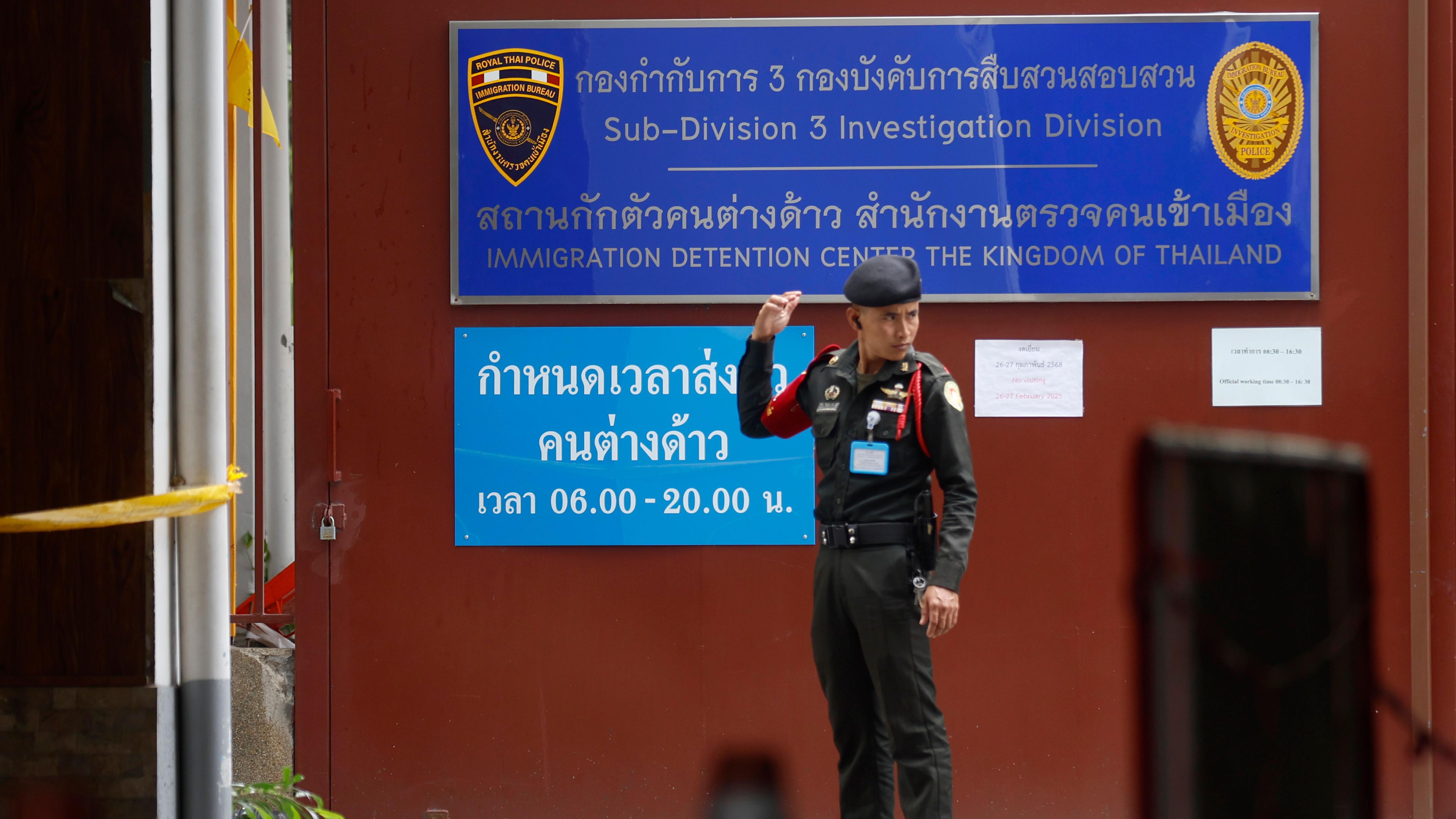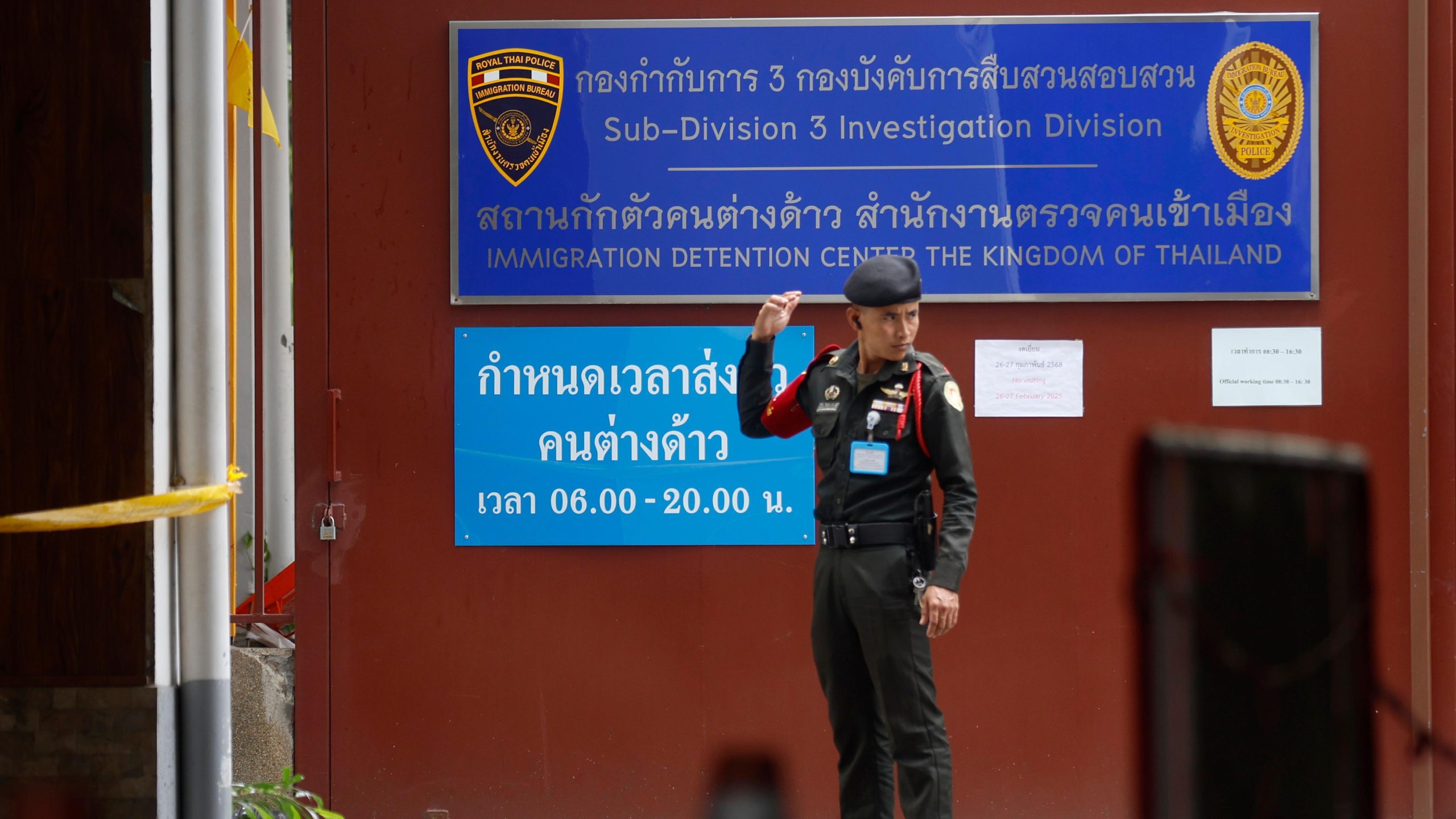
### Smuggling Allegations Against Chinese Citizens Ignite Debate Over Pathogen Studies
In a multifaceted situation involving global politics, academic inquiry, and national safety issues, two Chinese citizens have been accused of purportedly smuggling a plant pathogen into the United States. The individuals have been recognized as Yunqing Jian and Zunyong Liu, both connected to the University of Michigan, and are currently confronting serious allegations from the Department of Justice (DOJ).
The allegations, made public on June 3rd, encompass conspiracy, the smuggling of a hazardous biological pathogen, falsehoods, and visa fraud. The debate revolves around the fungus *Fusarium graminearum*, a pathogen impacting essential crops such as wheat, barley, and rice. While federal prosecutors characterize the pathogen in scientific discourse as “a potential agroterrorism weapon,” professionals consulted by *Chemistry World* contest this designation.
#### Background of the Situation
Yunqing Jian, a postdoctoral researcher, allegedly secured funding from the Chinese government to study this pathogen in China. Electronic devices belonging to Jian uncovered data indicating she is a member of the Chinese Communist Party (CCP). Her partner, Zunyong Liu, who also has ties to a Chinese university, confessed to bringing *F. graminearum* into the US for research purposes at the University of Michigan laboratory.
Jerome Gorgon Jr, US Attorney for the Eastern District of Michigan, voiced alarm regarding the smuggling allegations, underscoring the potential dangers posed by such pathogens infiltrating American agricultural systems.
#### Scientific Opinions
Nevertheless, differing viewpoints from the scientific field portray *F. graminearum* in a less alarming context. Caitilyn Allen, a plant pathologist at the University of Wisconsin, mentions that while the pathogen can induce head blight in crops, it is neither novel to the US nor categorized as a significant agroterrorism threat, having existed for over 125 years. Jan Leach from Colorado State University and Paul Esker at Pennsylvania State University support this view, noting existing protocols and research initiatives that effectively manage and investigate the pathogen.
The requirement to secure a permit from the US Department of Agriculture before importing foreign variants of such pathogens adds another layer of complexity to the legal situation. Despite procedural violations, experts propose that the researchers may have been motivated by scientific passion rather than ill intent.
#### Institutional Responses
The University of Michigan has released a statement repudiating the actions ascribed to Jian and Liu, reaffirming their dedication to national security and collaboration with federal inquiries. They clarified that there was no financial backing from the Chinese government connected to the research undertaken by the accused.
Director Kash Patel of the Federal Bureau of Investigation took the opportunity to emphasize larger geopolitical issues, describing the incident as representative of a wider pattern of foreign efforts to penetrate US institutions for potentially detrimental ends.
#### Conclusion
The evolving case against Yunqing Jian and Zunyong Liu underscores the convergence of scientific investigation with national security and global relations. As the legal processes unfold, the scientific community advocates for a measured perspective on the broader ramifications for research collaboration and safety protocols in an interconnected global landscape.
